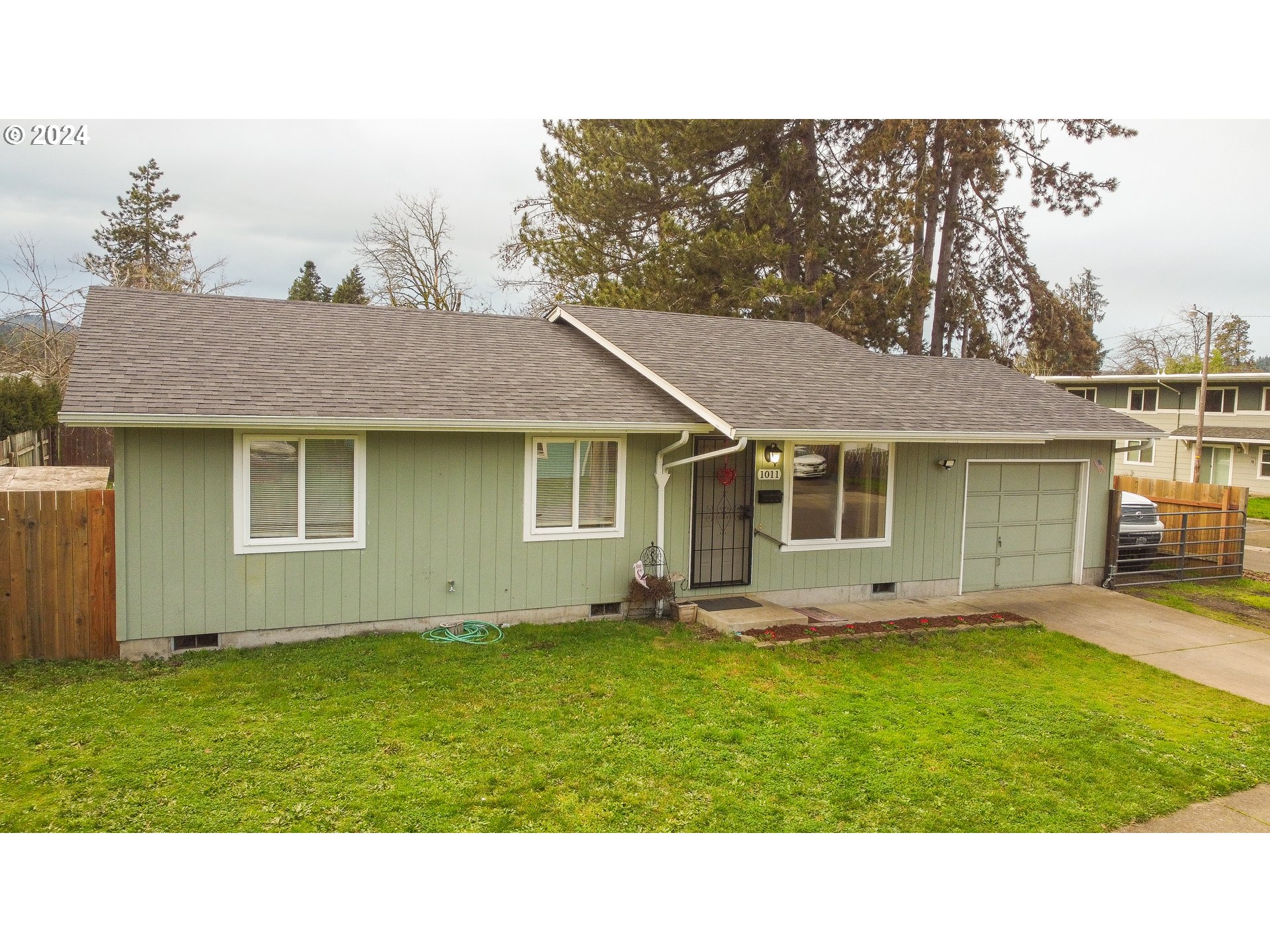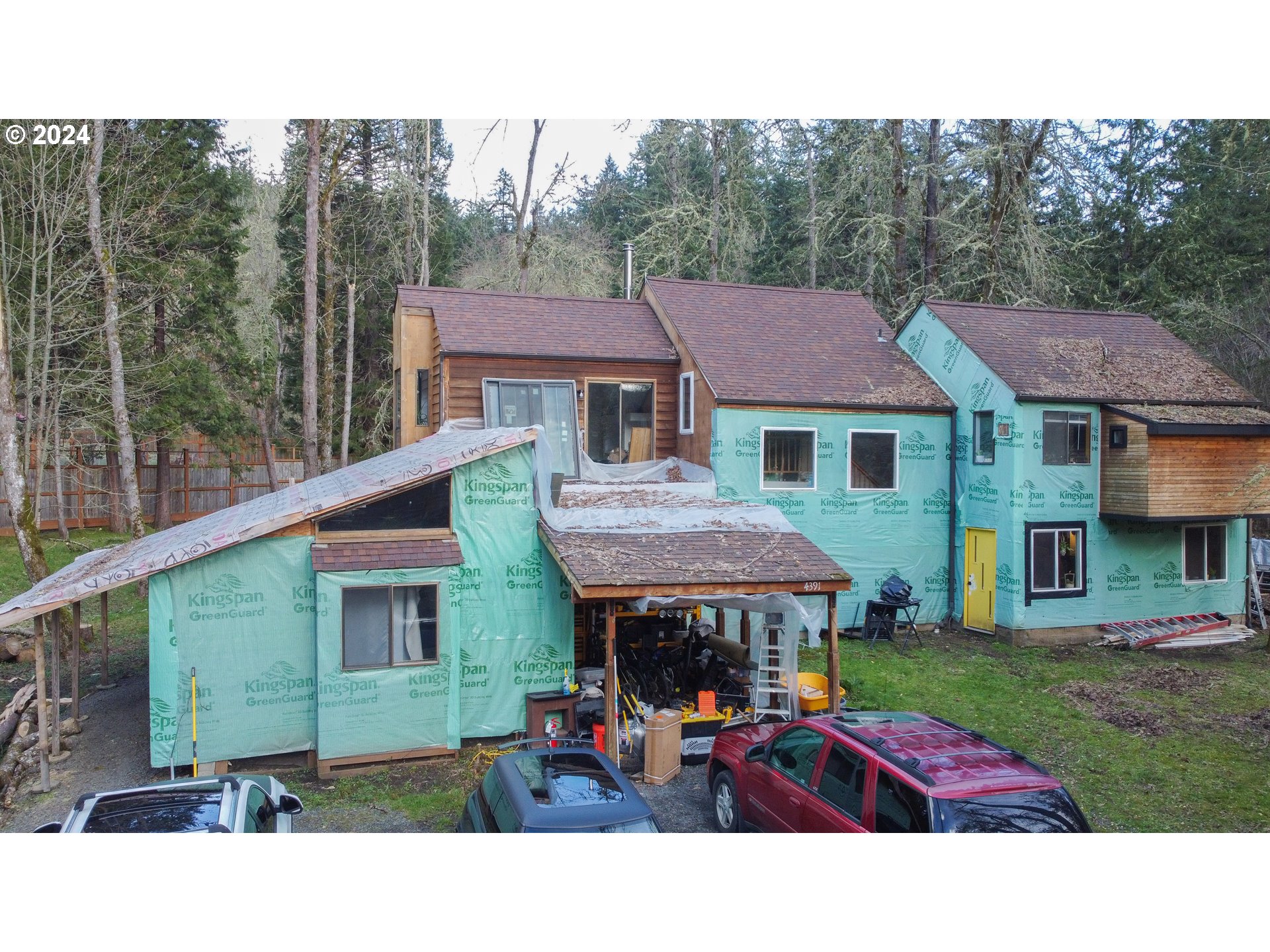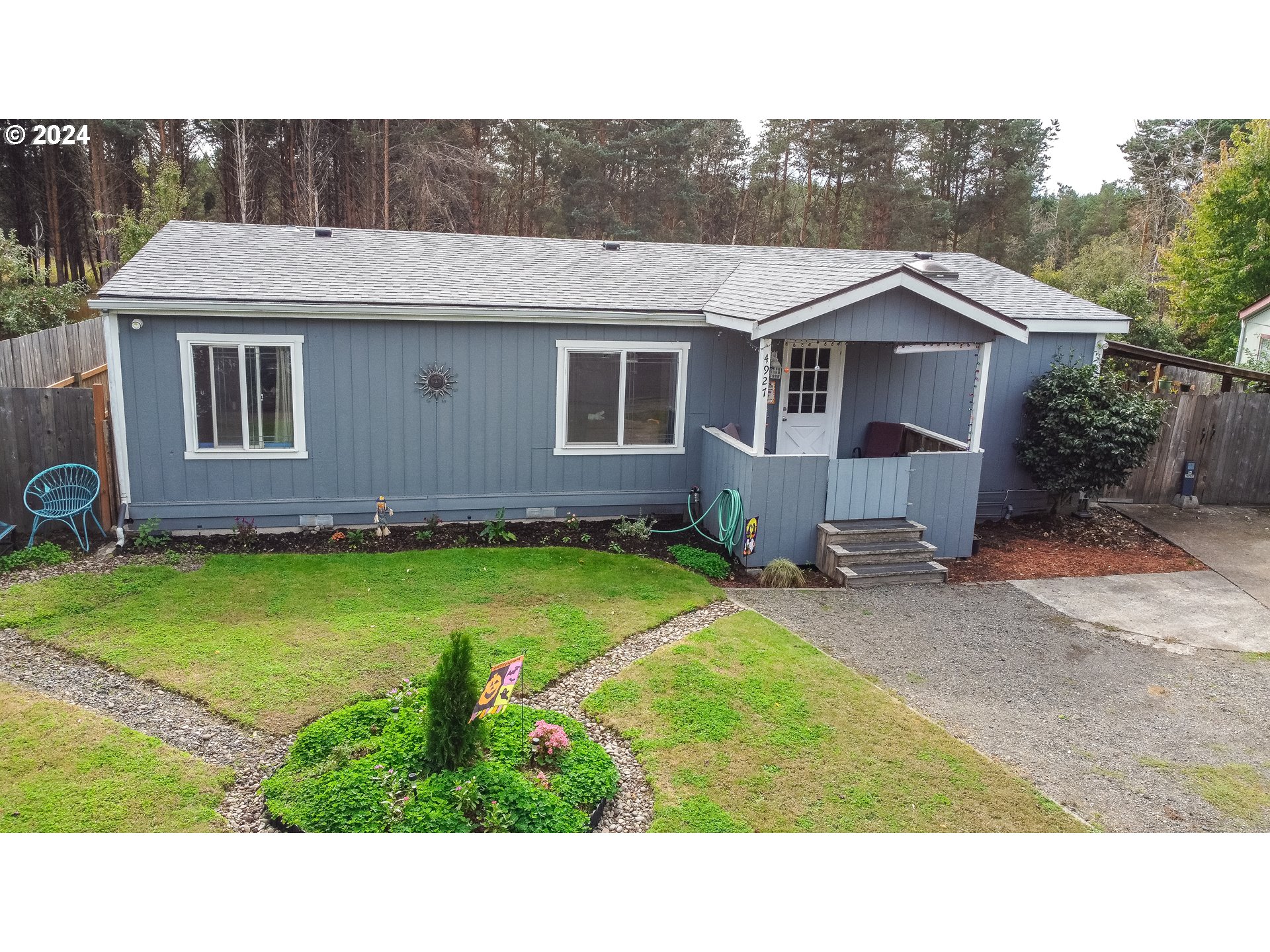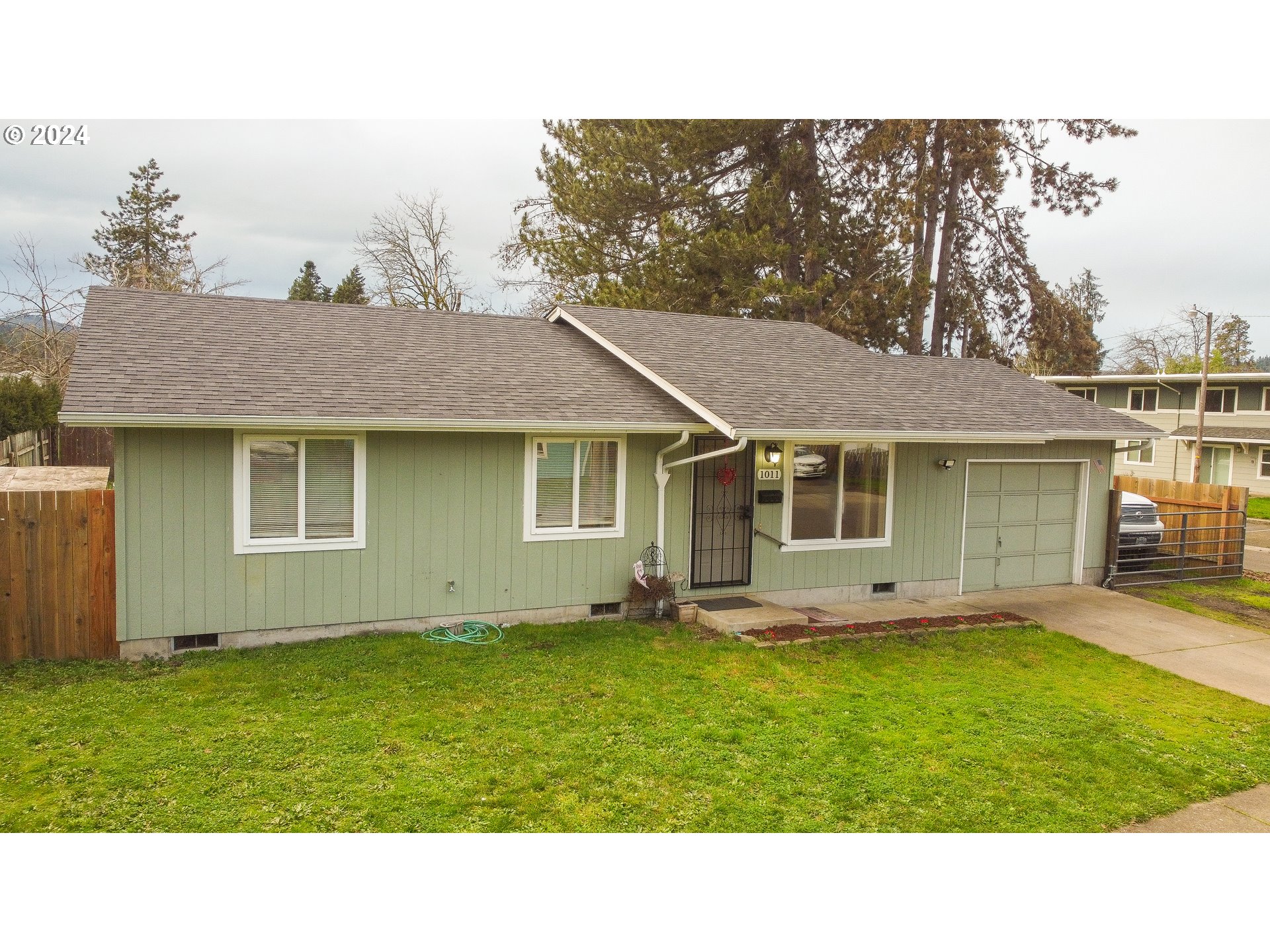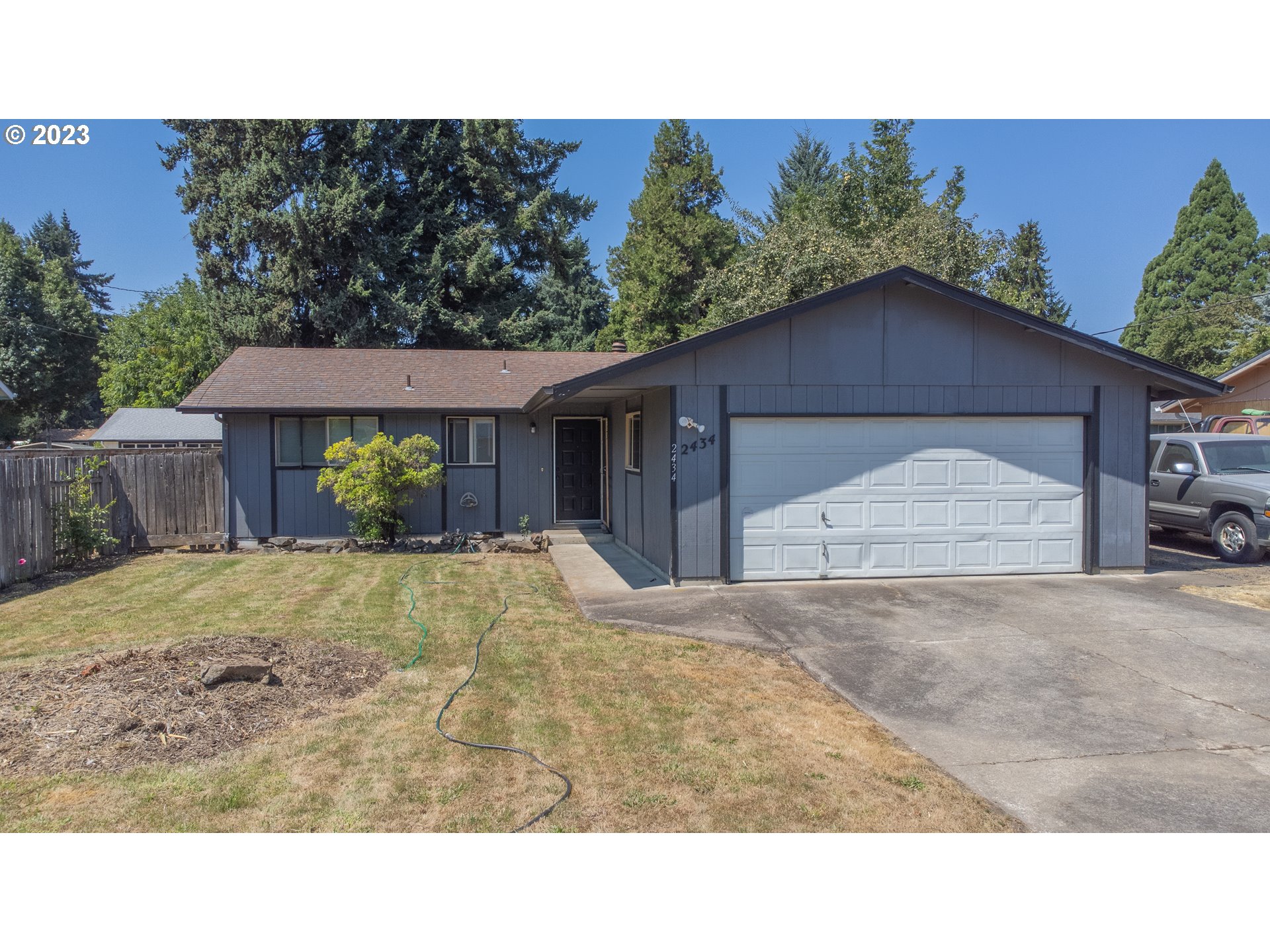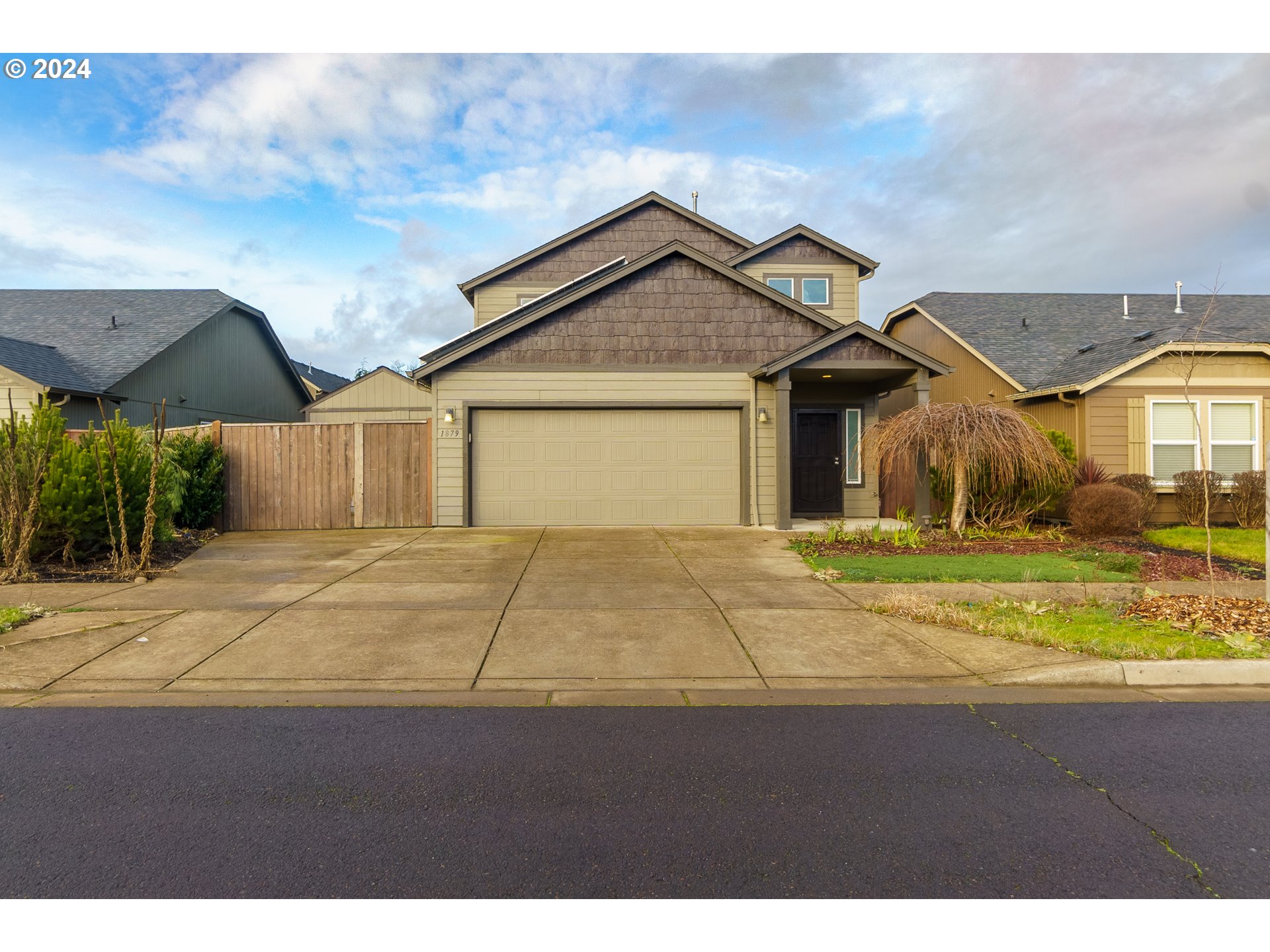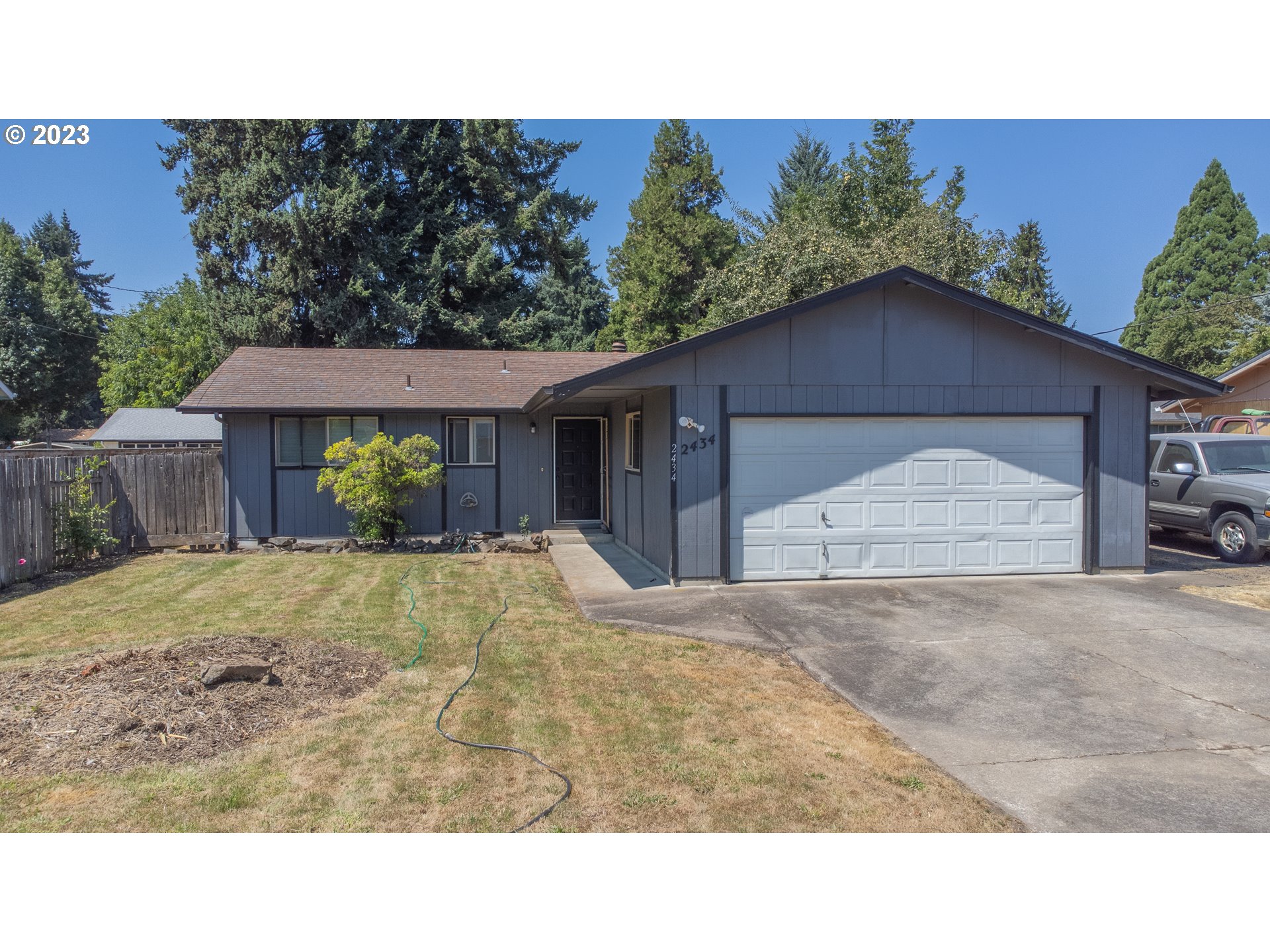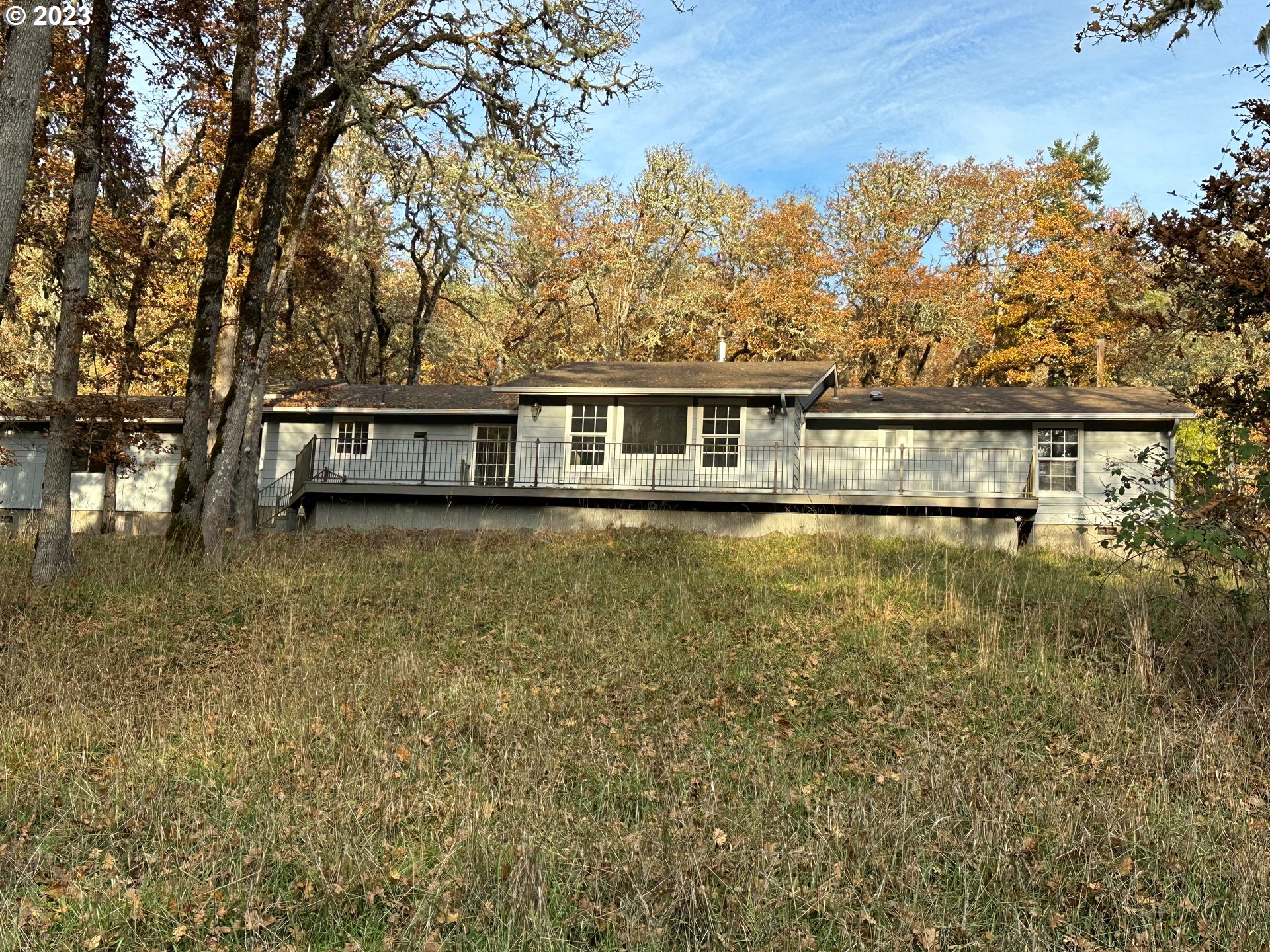Mortgage Interest Rates Have Gone Up Recently
Good Monday Morning!
Mortgage interest rates have gone up recently, but they are remaining below the highs in late 2023. There is a silver lining to this trend, though. With rates up slightly, demand for housing is down, and home inventories are beginning to creep higher. With more competition and less demand, home owners trying to sell their homes are becoming more motivated. This is something that we have not seen take place in our local Eugene and Springfield housing market for years. The recent tick-up in mortgage rates is not enough to have a large effect on payments, but is it enough to have an effect on what you might have to pay for a home? The other side of this is that there are simply more homes to choose from. For many interested home buyers, this is a great time to jump back into the market and start looking at homes. The following is an update on recent market trends that affect home purchases.
Mortgage interest rates rose for a fourth consecutive week, increasing the chances of a challenging spring homebuying season for buyers already struggling with affordability.
The 30-year fixed-rate mortgage averaged 6.94% this week, up from last week's 6.9% and hitting a two-month high, according to the latest Freddie Mac survey. The 15-year rate dipped slightly, falling from 6.29% to 6.26%.
Rising 30-year rates are already dampening homebuyer momentum heading into spring, said Sam Khater, Freddie Mac's chief economist.
"While sales of newly built homes are trending in a positive direction, higher rates and elevated prices continue to pose affordability challenges that may leave potential homebuyers on the sidelines," Khater said.
The resilient economy is keeping rates higher, prompting economists to reconsider expectations about interest rate cuts, which typically impact the direction of mortgage rates. Some forecasts had predicted rate cuts as early as this spring, but it appears unlikely that the Federal Reserve will take any action until later in the year.
Bright MLS Chief Economist Lisa Sturtevant, for one, is now expecting rate cuts to happen this summer rather than in the spring.
"This Friday's employment report, which likely will include a revision to January's robust numbers, will be key to watch for guidance on the timing of Federal Reserve action," Sturtevant said.
The Fed isn't providing many hints about when cuts could happen. In a speech on Feb. 28, New York Federal Reserve President John Williams said that while there is still some work to do, the door is opening to interest rate cuts "this year," depending on data, according to Reuters.
Without providing a timeline, Williams did suggest that three cuts could be coming sometime this year.
"While the economy has come a long way toward achieving better balance and reaching our 2% inflation goal, we are not there yet," Williams said.
Inventory is building, but mortgage applications haven't picked up yet
The one bit of good news for buyers is that elevated mortgage rates are allowing more inventory to build. Redfin's weekly report noted that new listings rose 13% year-over-year during the four weeks ending Feb. 25, the biggest jump in nearly three years.
And Altos Research noted in its weekly report that there are more sellers and fewer buyers heading into spring. Price reductions also ticked up this week for the first time since November, said Altos Founder Mike Simonsen. That doesn't mean home prices are necessarily falling yet, but they are softening.
"It is simply very clear evidence of how homebuyers wait when mortgage rates stay higher for longer," Simonsen said.
According to the company's research, there are 498,000 single-family homes for sale, which is 16% higher than last year but below pre-pandemic levels for this time of year.
Even as inventory has picked up, higher mortgage rates have stalled loan activity, said Mike Fratantoni, chief economist at the Mortgage Bankers Association.
Applications for mortgages decreased by 5.6% from a week earlier, according to MBA data. Purchase applications were down 12% compared to a year ago.
Have An Awesome Week!
Stay Healthy! Stay Safe! Remain Positive! Trust in God!
THIS WEEKS HOT HOME LISTING!
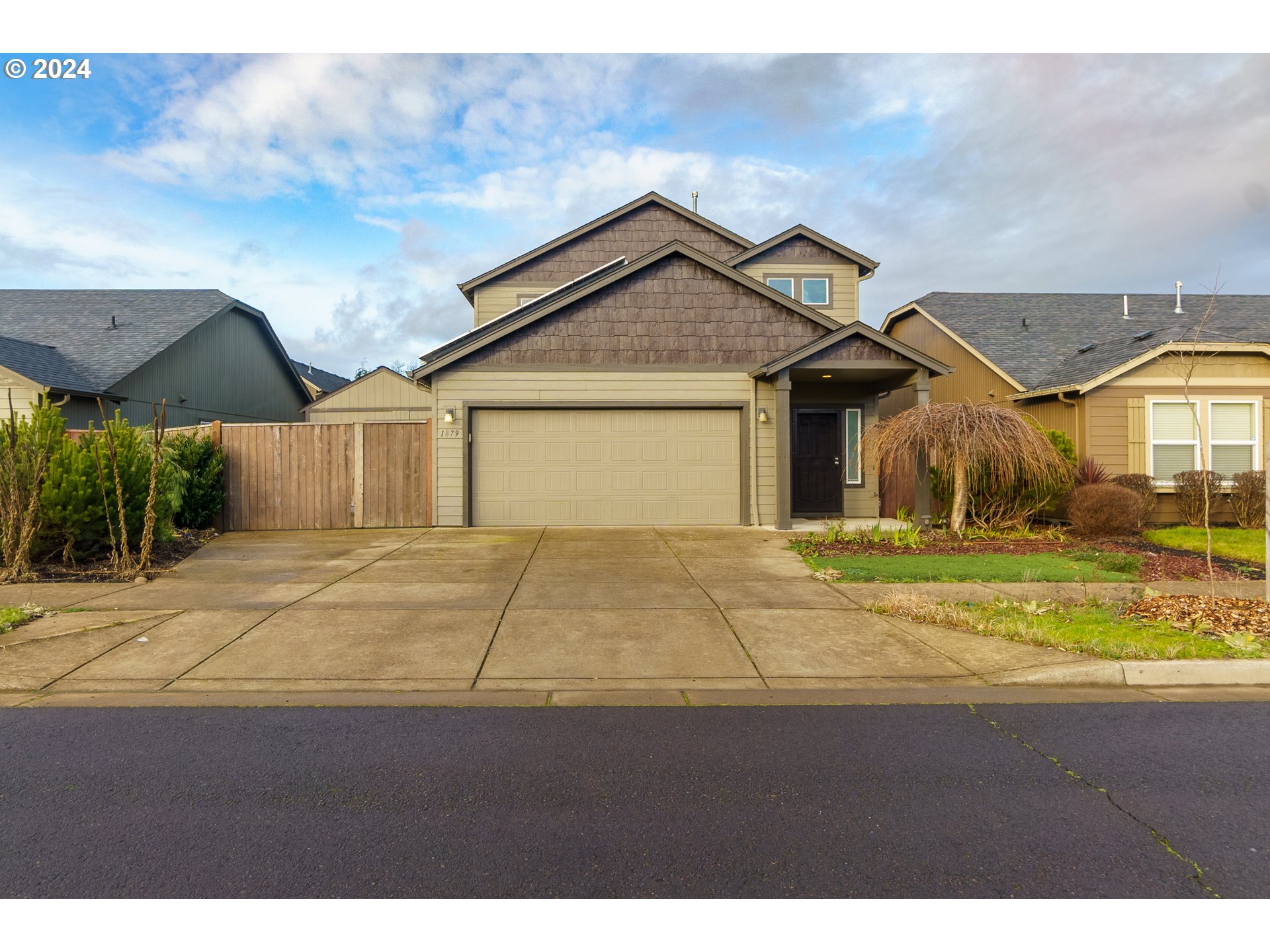
1879 Adelman Loop, Eugene, OR
Price: $420,000 Beds: 3 Baths: 2.5 SqFt: 1888
This adorable home is turnkey ready and features an open two-story floor plan, that's nestled in a charming neighborhood, with close proximity to a park. This 3-bedroom, 2.5-bath home offers an open concept with a large living space that leads to th...View this property >>
AND HERE'S YOUR MONDAY MORNING COFFEE!!


